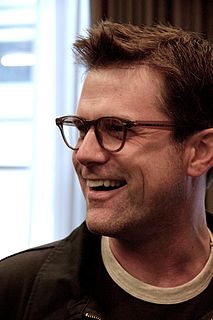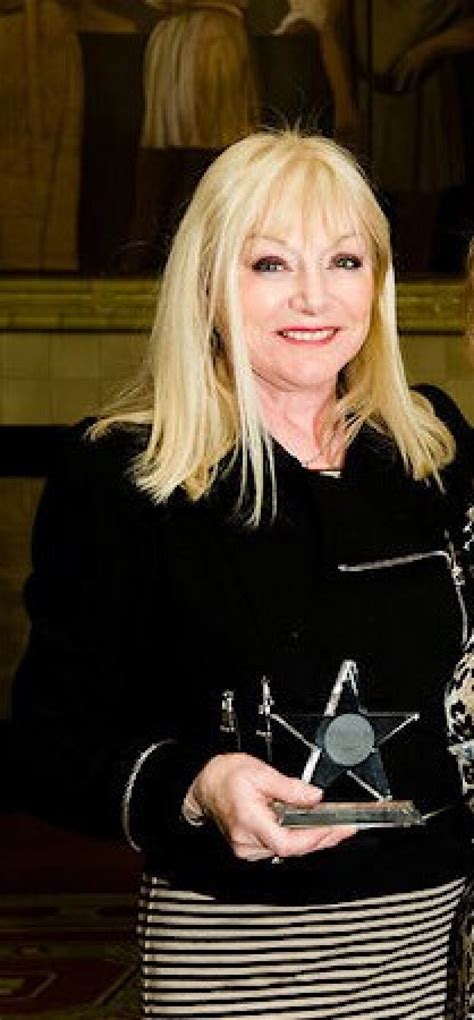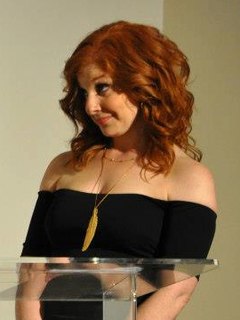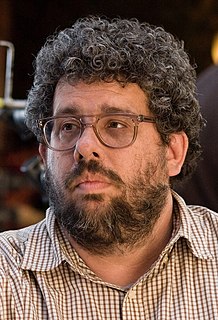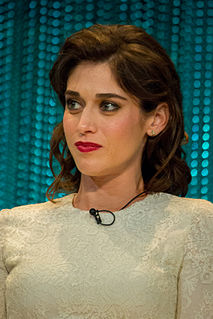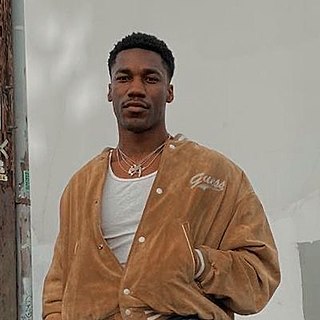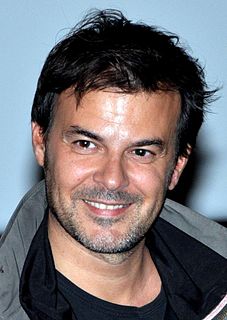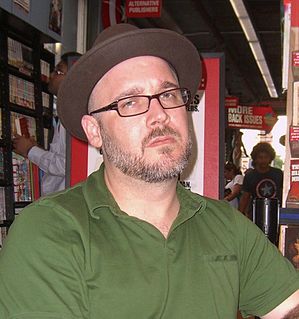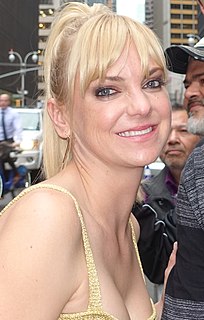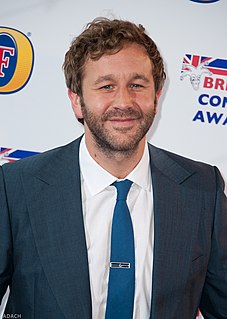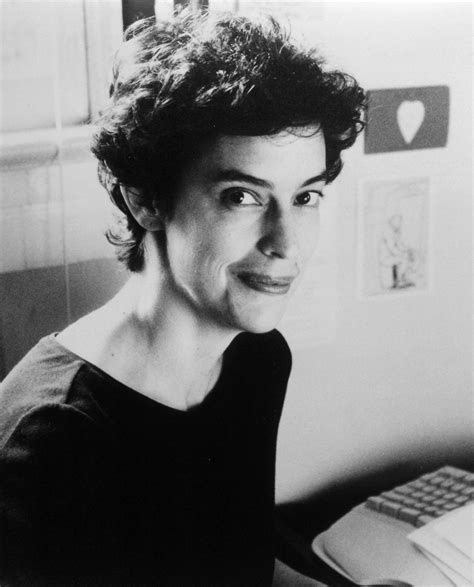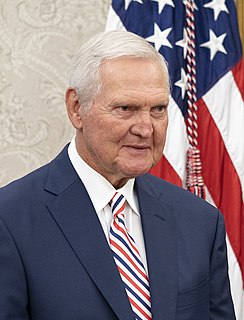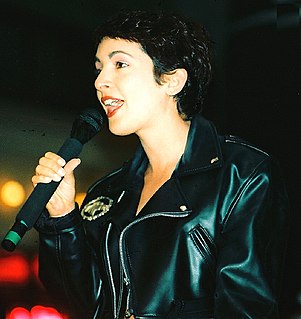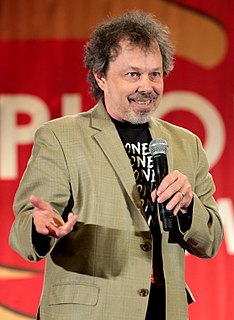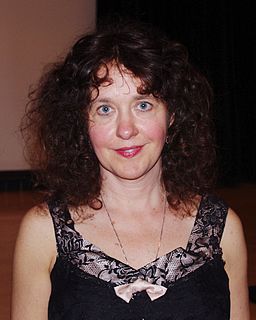Top 1200 Dramatic Writing Quotes & Sayings - Page 2
Explore popular Dramatic Writing quotes.
Last updated on November 15, 2024.
India went through a dramatic revolution after the '90s when our economy started opening up for the first time and Indians were now experiencing the Western life, if you will. Drugs and sex and a lot of those influences came in as the economy stabilized, and we were growing up and experiencing that. The Indian writing market was very small at that time. Our literature was very attuned to what Western audiences were interested in, so everybody was writing about the slums in India and magic realism or stories about Hindus and Muslims and partition.
You see, for me a painting is a dramatic action in the course of which the reality finds itself split apart. For me, that dramatic action takes precedence over all other considerations. The pure plastic act is only secondary as far as I'm concerned. What counts is the drama of that plastic art, the moment at which the universe comes out of itself and meets its own destruction.
You honor your writing space by recovering, if you are an addict. You honor your writing space by becoming an anxiety expert, a real pro at mindfulness and personal calming. You honor your writing space by affirming that you matter, that your writing life matters, and that your current writing project matters. You honor your writing space by entering it with this mantra: “I am ready to work.” You enter, grow quiet, and vanish into your writing.
On the craft level, writing for children is not so different from writing for adults. You still have to have a story that moves forward. You still have to have the tools of the trade down. The difference arises in the knowledge of who you're writing for. This isn't necessary true of writing for adults.
If you are making money writing, you are doing great. If you can support yourself writing, you are a success. I don't care if you're writing textbooks or Pulitzer Prize-winning articles for weighty publications of world renown: If you're writing and it's paying the bills, consider yourself a successful writer.
I was always looking for the most dramatic emphasis. One example would be the letter writing, or the reading of the letters. If you remember from the book, they find the letters and then in the most undramatic way they take them downstairs, they get approval, they sit at a table during the day with their own author, across from each other.
When I'm writing in my bedroom, in a bar, at my kitchen table or wherever, I'm conjuring it all up on the page. That's all well and good, but it is going to be a limited perspective at that point and time. Occasionally, what I write might read really well initially, but then you change your mind while hunting for locations when you discover settings which offer even better opportunities for drama or dramatic staging.
There is too great a tendency (perhaps encouraged by popular journalism) to deal with the dramatic moments, forgetting that these are not always the most significant moments. ... To find the significant rather than the dramatic features of industrial controversy, of a disagreement in regard to policy on board of directors or between managers, is essential to integrative business policies.
One of the qualities of writing that is not much stressed is its problem-solving aspect, having to do with the presentation of material: how to structure it, what sort of sentences (direct, elliptical, simple or compound, syntactically elaborate), what tone (in art, "tone" is everything), pacing. Paragraphing is a way of dramatization, as the look of a poem on a page is dramatic; where to break lines, where to end sentences.
If you have to find devices to coax yourself to stay focused on writing, perhaps you should not be writing what you're writing. And if this lack of motivation is a constant problem, perhaps writing is not your forte. I mean, what is the problem? If writing bores you, that is pretty fatal. If that is not the case, but you find that it is hard going and it just doesn't flow, well, what did you expect? It is work; art is work.
In a film, there are dramatic moments and a bunch of different moments that lead up to a dramatic moment. On some songs, I try to paint the picture of before that drama happens, so by the time you get to the end of the project you've experienced infatuation and intimacy before it dives off to drama.
Writers are always writing about infidelity. It's so dramatic. The wickedness of it, the secrecy, the complications, the finding that you thought you were one person but you're also this other person. The innocent life and the guilty life. My God, it's just full of stuff for a writer. I doubt it will ever go out of fashion.
Maybe my movie isn't over, I say, because sometimes moviemakers trick the audience with a false bad ending, and just when you think the movie is going to end badly, something dramatic happens, which leads to the happy ending. This seems like a good spot for something dramatic to happen, especially since it's my birthday.
I didn't want to make Young and Beautiful as very dramatic movie . In a certain way, I wanted to do a girly film. I wanted to make something sweet, pink. With a boy it was too dramatic and too heavy. I had a lot of pleasure with the boys in In the House, I said, "This time I will do a film with girls."
I vividly remember being in my mid- to late-20s. That part of life is very emotional, and exciting, and dramatic in a way that your late 40s are not. That's different and dramatic in other ways, but I wanted to tap into that angry youth vibe in Kill Or Be Killed that I remember feeling at that time, instead of my angry middle-aged vibe that I've been churning out for a few years.
People are drawn to watching things that are dramatic. And the tighter a relationship is, the more dramatic it can be. That's something family lends itself to. Everybody has family, somewhere, somehow. Those relationships are always very complex. This takes it to almost Greek-tragedy-level heights. That's fun to watch, although it's very uncomfortable. It explores the darkest sense of family.
I really wanted to do some serious work. I really wanted to be a part of dramatic films. I wanted to show this talent, whatever that means, that I could be a dramatic actress as well. But the truth is, a) I don't know if I can, and b) I love doing comedy, and I felt almost a little embarrassed that I succumbed to the pressure. Vanity is really what it is. I feel really grateful that I am in comedy, and I love doing it.
……, but as I am a scholar I feel obliged to document what it is like here, most of the time, between the dramatic climaxes. In truth it is like this: You cannot imagine how time can be so still. It hangs. It weighs, and yet there is so little of it. It goes so slowly and it is so scarce. If I was writing this scene it would last a full 15 minutes. I would lie here and you would sit there.
Graphomania (a mania for writing books) inevitably takes on epidemic proportions when a society develops to the point of creating three basic conditions: - (1) an elevated level of general well being which allows people to devote themselves to useless activities (2) a high degree of social atomization and , as a consequence, a general isolation of individuals; (3) the absence of dramatic social changes in the nation's internal life.
When you say 'failure,' that seems really dramatic, but a lot of failure is just really depressing and mundane. I remember the first time I ever played a concert in Italy. I played a venue that held 900 people, and I think five people showed up. It wasn't a big, 'John Carter of Mars' type failure. It wasn't dramatic; it was just depressing.
My theory for nonfiction is that nobody can be free of some kind of conceptions about whatever story they're writing. But if you can find a way to build those into the story, then the story becomes a process of deconstructing and heightening and sometimes changing those notions and that makes dramatic tension. The initial statement of your position, and then letting reality act on you to change it, is pretty good storytelling.
Writing for adults and writing for young people is really not that different. As a reporter, I have always tried to write as clearly and simply as possible. I like clean, unadorned writing. So writing for a younger audience was largely an exercise in making my prose even more clear and direct, and in avoiding complicated digressions.
As a writer, I haven't delved into dramatic writing. As an actor, I could always, even more so than comedy, do drama. When you do your comedy and your drama, your acting style doesn't change. If it's a comedy, the situations and the characters might be a little funnier, but you're just trying to be honest.
People don't live their lives in a series of scenes that form a dramatic narrative, they don't speak in dialogue, they're not lit by a cinematographer or scored by a composer. The properties of real life and the properties of drama have almost nothing to do with each other. The difference between writing about reporters and being a reporter is the same as the difference between drawing a building and building a building.
I was a very romantic, overly dramatic young lady, which served me well as a songwriter. Especially as someone who had to focus on lyrics and melody, because if you're a dramatic and romantic person, lyrics come easy, and you turn every single short-term relationship into the biggest 'Romeo-and-Juliet' story ever.
How did the hearing go?” she asked. “We won, sort of,” Kaldar said. “We die at dawn.” “The court gave the Sheeriles twenty-four hours,” William corrected. “Yes, but ‘we die at dawn the day after tomorrow’ doesn’t sound nearly as dramatic.” “Does it have to be dramatic all the time?” Catherine murmured. “Of course. Everyone has a talent. Yours is crocheting and mine is making melodramatic statements.
I have a hard time writing. Most writers have a hard time writing. I have a harder time than most because I'm lazier than most. [...] The other problem I have is fear of writing. The act of writing puts you in confrontation with yourself, which is why I think writers assiduously avoid writing. [...] Not writing is more of a psychological problem than a writing problem. All the time I'm not writing I feel like a criminal. [...] It's horrible to feel felonious every second of the day. Especially when it goes on for years. It's much more relaxing actually to work.
I'm at least getting my foot in the door as far as doing straight dramatic parts, which no one would have ever considered me for in the '80s. I never objected to that because I love doing comedy, and I'm not the kind of actor that insists that unless you're doing a serious dramatic role, you're not acting.
That's one thing brands are understanding is, I'm the blogger who's not writing about fashion. I'm not writing about beauty. I'm not writing about gossip. I'm not writing about politics. I'm writing about all of that. I'm the person they can come to if they just want to reach people who care and have their fingers on pop culture.
Writing is really just a matter of writing a lot, writing consistently and having faith that you'll continue to get better and better. Sometimes, people think that if they don't display great talent and have some success right away, they won't succeed. But writing is about struggling through and learning and finding out what it is about writing itself that you really love.





